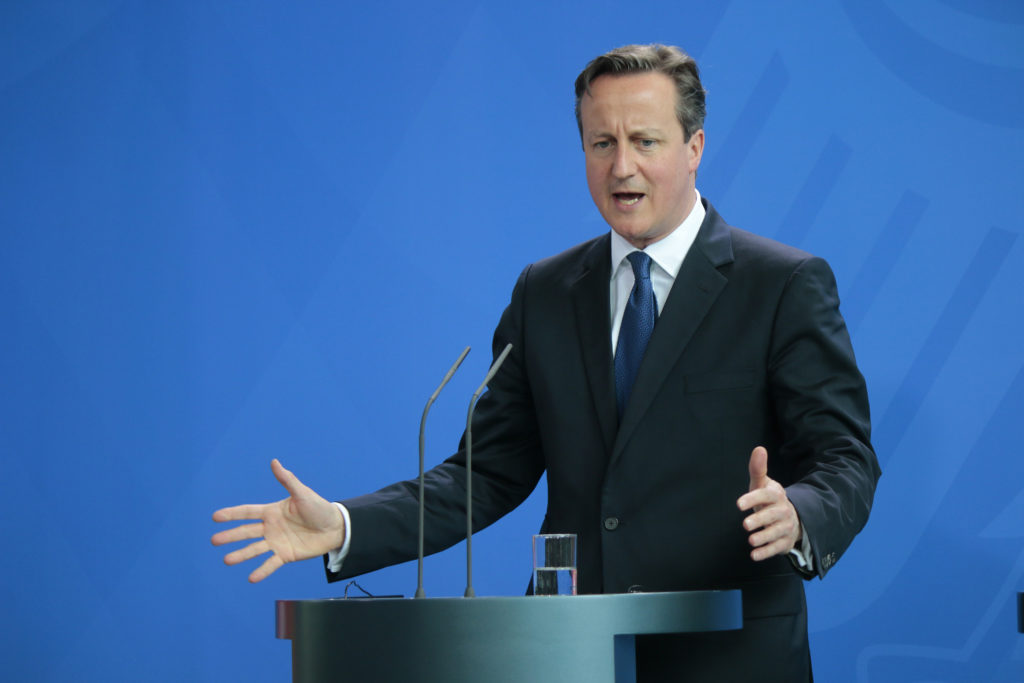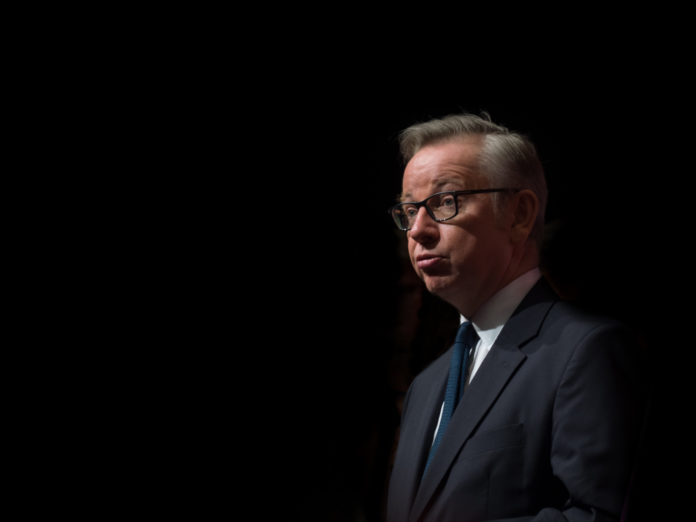Dr Layla Aitlhadj, the director of Prevent Watch, argues that the hoax Trojan Horse affair which turned the lives of Muslims in Birmingham upside down was a microcosm of the Prevent “counter-extremism” strategy in action.
Much discussion has rightfully been reignited about the 2014 Trojan Horse Affair thanks to the brilliant investigative journalism by Hamza Syed and Brian Reed.
As the co-chair of the now published People’s Review of Prevent report, the investigative podcast series stood out for the exposure it gave to how the pursuit of truth, both at local and central government levels, quickly gave way to a very neoconservative agenda that maintains a disregard for truth.
The Trojan Horse hoax (as it came to be known) relates to a letter that was anonymously sent to Birmingham City Council officials outlining a plot by “Islamists” to take over schools.
The source of the letter and its real modus operandi should have been the subject of investigations, and then dismissed as most likely a malicious means of distracting from some dubious, localised problems at one school.
Instead, the letter was taken up as “truth” by then Education Secretary Michael Gove, who then oversaw the decimation of Muslim achievements in Birmingham and ruination of the lives of Muslims, young and old. This happened despite Gove scandalously knowing weeks before appointing Peter Clarke to “investigate” the Trojan Horse, that the police had already investigated the letter and found it to be “bogus.”
In other words, despite knowing full well that the Trojan Horse letter was complete nonsense, the government used taxpayer money to orchestrate multiple investigations, all of which were to a large extent prejudged by the Islamophobic atmosphere fostered by mainstream media and discredited journalists like Andrew Gilligan.
Subscribe to our newsletter and stay updated on the latest news and updates from around the Muslim world!
Truth did not matter to Gove; and indeed, there is form here. In 2009, leading up to the general election, David Cameron cried out in Parliament about how “extremist Islamist” schools were being established with the help of public funding – a nod to Douglas Murray’s Islamophobic and discriminatory recommendations in his book Neoconservatism: Why We Need It. “A much bigger inquiry was needed,” said Cameron.
The allegations, of course, had emerged from Gove, and turned out to be false.
Five years later, Gove in his more formidable ministerial position, was in the right place at the right time to maximally exploit another fabrication: the 2014 Trojan Horse affair. The government’s approach was one rooted in Islamophobic assumptions, which tainted all evidence to fit a preconceived agenda. The statements of the Muslim teachers, governors, and indeed parts of the conclusions of the government’s commissioned reports which found there was no such plot, were ignored.
Entrenching the Trojan Horse half-truth
Instead, the government repeatedly invoked the Trojan Horse hoax as if it was truth, providing justification or credence to a “respectable” form of Islamophobia.
In the year that the Trojan Horse hoax first erupted, then Prime Minister David Cameron wrote an article for the Daily Mail, ironically celebrating the Magna Carta, in which he spoke of “British values” against the backdrop of “Trojan Horse controversy in some Birmingham schools.”
The following year was pivotal for the solidification of both the false Trojan Horse claims and Prevent. In a speech in Birmingham about “Islamist extremism” and how it is the supposed root cause of radicalisation, Cameron declared “extremists had taken over some of our schools in the so-called Trojan Horse scandal.”

Reinforcing this message in the same year, Theresa May gave a speech titled “A Stronger Britain, Built On Our Values,” in which she outlined how some British citizens were rejecting “our values,” as had been seen in the “the Trojan Horse plot to take over state schools in Birmingham.”
The Trojan Horse was then subsequently expressly invoked to justify “strengthening the size of the [Department for Education’s] Due Diligence and Counter Extremism Division (DDCEG) to 36 staff and establishing it as a standalone group with a director with sole responsibility for this area of work.”
Most pertinently, 2015 saw the launch of the Counter Extremism Strategy, which explicitly and uncritically cited the Trojan Horse hoax and Peter Clarke’s report as a basis for “toughened up” measures. The accompanying press release boldly stated: “Around 5,000 children were in institutions affected by the Trojan Horse plot, where extremists gained control of several schools in Birmingham.”
Against this fertile Islamophobic grounding, the government enacted the Counter Terrorism and Security Act 2015, introducing an array of increased government powers, and the introduction of the Prevent Duty. This concretised the securitisation of the pre-crime space in the public sector, accelerating the multi-threaded problems we have shone light upon in the People’s Review of Prevent Report.
The propaganda continues
From Gove’s appointment of Clarke as the chief of probation in 2016, through to Clarke’s reappointments in 2018 and 2020, each time Clarke is referenced, it is done so alongside a mention of his poor, inquisitional investigation into the Trojan Horse, as if it were a paragon achievement.
Nicky Morgan, who assumed the position of Education Secretary in 2016, resumed the lie that Trojan Horse was “a concerted attempt to limit young people’s world view and spread poisonous views” in schools. This was, of course, alongside the announcement of yet further counter-extremism measures.
Even the Defence Secretary waded in, making a well-publicised visit to the school that was at the centre of the Trojan Horse allegations. Making militarisation of Muslim children the inoculation against “extremism,” he declared that the school was now “a phoenix from the ashes of a Trojan horse school that is now instilling British values, instead of promoting religious segregation.”
In 2017, Ofsted, which had been effectively acting as an enforcer for neo-conservative policy, also could not let the recycling of Trojan Horse tropes pass. The Chief Inspector of Ofsted, Amanda Spielman, juxtaposed the “good” Parkfield School – which was referring young Muslim children to Prevent based on religious behaviours, and had assimilated the LGBT syllabus into Prevent to create a climate of coercion against Muslims and their beliefs – against the bad “Trojan Horse schools.”
The Trojan Horse: A Microcosm of Prevent
This exercise can continue by highlighting various statements made by MPs in parliament over the years. However, the point is that lies, and half-truths have been circulated in the corridors of power without any regard for the impact this could have – and has had – on Muslims.
And this attitude, so entrenched when it comes to the Trojan Horse, is emblematic of the government’s approach to Prevent. Each review has only increased and strengthened the counter-extremism infrastructure, glossing over the reality of the highly damaging Prevent policy. How can such a government be trusted with any review or policy related to Muslims?
We have examined the academic literature, reviewed the submissions to the People’s Review of Prevent, and the empirical data Prevent Watch has been collecting over the years on the impact of the Prevent policy. And we conclude that beneath the charade of “security” and “safeguarding” is an intermeshing of Islamophobia, discrimination, violations of fundamental freedoms and the rights of children, and dangerous implications for data protection and privacy.
The Trojan Horse is, in many ways, simply a microcosm of the authoritarian macro world that is Prevent.
Prevent must be withdrawn. And this necessarily entails the rejection and withdrawal of Islamophobic tropes that have given succour to the derelict policy.




















